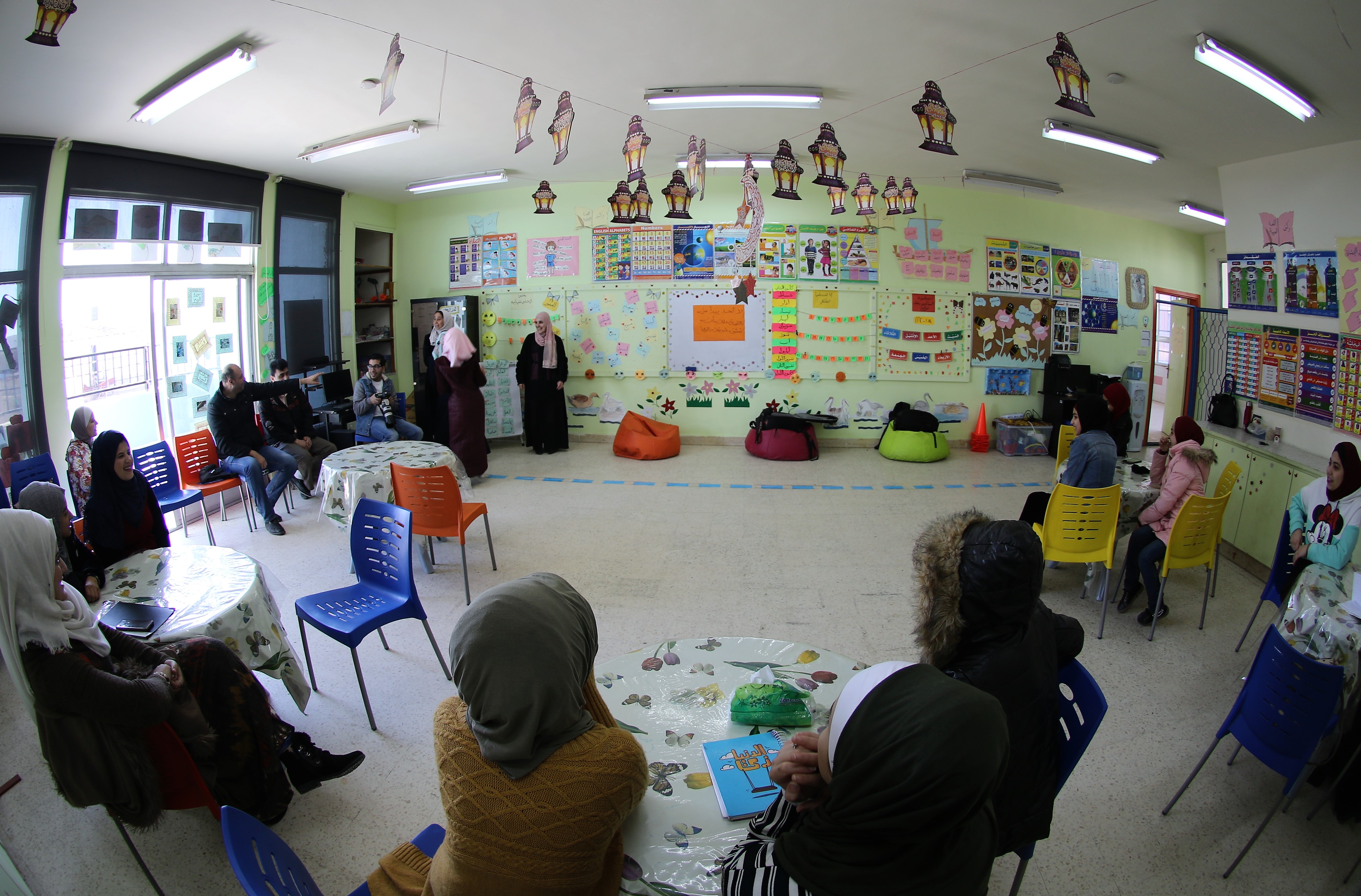Last week I crashed into a “canned smile.”
On my most recent international flight to Jordan from the US, I could not reserve a seat for the last leg of the trip. No way to do it. I finally called a friend in Amman, who went to the airline office and paid in person the additional fare for a seat. I was not travelling on a “basic economy” fare – so, the seat should have been bookable.
I wrote out my complaint to the airline in their assigned “cyber box” you get after travel, asking me if I would recommend them to other passengers. The reply I got was, “We are sorry that you had an unpleasant experience, and we are so glad you chose us for travel.” Obviously a “canned’ reply. An evasion of the issue I brought up.
It got me to thinking that we humans use words to deceive, to cover up, to avoid any hint of accountability. I see the impact of this in my 4 teenaged grandsons who have zero trust in what is said to them by any authority. Ever. They always assume that whatever is said is canned, evasive, and primarily interested in getting at the coins in their pockets. I get that. I really do. But I don’t like it.
My experiences with deceptive words sit in my stomach like a lump of lead.
I once was witness to Palestinian civilians who were massacred in a refugee camp in Beirut in 1982 when I volunteered in a popup dispensary during the invasion of West Beirut. One of those attending our little clinic was a 20-something intellectually challenged Palestinian woman. She was inconsolable – unable to comprehend the bombs and explosions and why she could not go “home” to the camp. At the “end” of that part of the invasion, she did go home. And days later cameras panned over the bodies of those who were massacred. She was the first image captured, lying face-down on the ground. Her picture is indelibly recorded in a partially animated film about the event.
Some of the deceptive words about that massacre were to say that “only” 30 people died, not 1 thousand. There was never any accounting for her death. Or the deaths of the other Palestinians killed that day.
I am witness to her. I see her. She exists for me. Her existence, and my witness to her existence, resulted in my founding 40-some years ago an organization, Questscope, with the motto, “putting the Last, first.” I intended to do something that would at least put some of the Last, first. Not all, but at least some.
Now, tens of thousands of civilians, at least half of them children, have died in Gaza, right before our eyes. Two million people in the small space of Gaza are somehow all guilty of an attack which justifies any and all deaths and destruction.
The deceptive words now are chatter about justifications for violence. The story of violence does not start in October of last year. The story begins long before, with the attempted erasure of Palestinians from Palestine. Or even before, with the attempted erasure of Jews from Europe. Hunting down who is to blame is a long hunt down many side trails, with many players. But how long do we have to play, “Will the real victim please stand up?”
Today’s story will end with tens of thousands of children as victims. What will those children who do not die think when they get 5-10 years older? We are creating generations that will carry around that lump of lead in their guts because trust is not possible, accountability is not going to happen. It makes me think, how many bombs does it take to kill an idea, anyway?
I bear witness to the deaths of these days. Now, at least, Questscope can light a candle rather than just curse the darkness.
After months of wrangling and with gracious assistance at the highest levels, we were able to get 100 portable newborn incubators into Gaza. I hope that 100 babies are warm tonight. I am not sure that they will be warm and fed, but at least warm. I bear witness that 100 babies could be warm and have a little chance at life, as I bear witness to the deaths we see on our mobile phone screens.
We must never forget this. No one who suffers through this will forget this. And we will all witness a future that will be very different for all of us because of this.
There will be more opportunities to bear witness – to bear witness by doing any tiny, good thing, like these 100 incubators. But tiny, good things are good for the tiny people who get a chance at life.
We cannot possibly settle for devious words to be used about this catastrophe. It will be hard to uncover evidence of all that has been done. But at least we should not say the canned, devious, irresponsible phrase, “Sorry, but we are so glad you chose to travel with us.”
I bear witness that we will do what we can to see the Last and do that little bit we can do to give them a chance for life.
Curt



